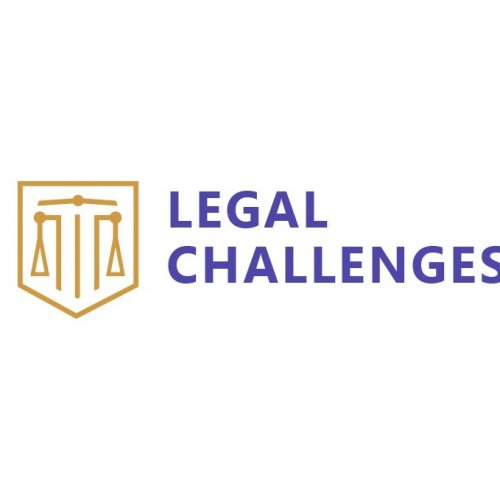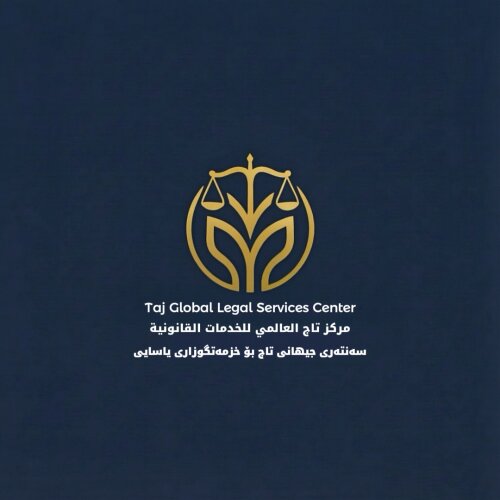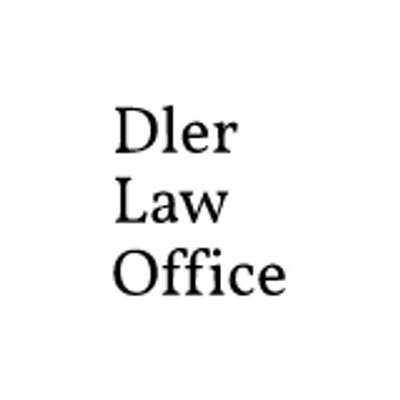Best Lawyers in Iraq
Share your needs with us, get contacted by law firms.
Free. Takes 2 min.
Or refine your search by selecting a city:
List of the best lawyers in Iraq
Iraq Legal Questions answered by Lawyers
Browse our 1 legal question in Iraq and read the lawyer answers, or ask your own questions for free.
- Required PCC from Iraq for Indian Citizen
- Am from India, I need PCC from IRAQ. I worked for USA ARMY LOGCAP III, Iraqi Freedom from 2010 to 2011. Worked in USA Army Base.. What would be procedure to obtain PCC from Iraq Sir/Ma’am..
-
Lawyer answer by Taj global legal services center
In Iraq, a Police Clearance Certificate (PCC) is issued by the Ministry of Interior – General Directorate of Civil Status or by the local police directorates, depending on your previous place of residence. If you are outside Iraq, it is...
Read full answer
About Hiring a Lawyer in Iraq
Hiring a lawyer in Iraq involves understanding the local legal landscape and finding an attorney who specializes in the area of law relevant to your needs. The process typically begins with identifying your legal requirements, researching potential lawyers or law firms, and setting up initial consultations. It's important to verify the credentials of the lawyer and ensure they are registered with the Iraqi Bar Association. Engaging with a lawyer may also involve negotiating fees and signing a legal services agreement that outlines the scope of representation and terms of payment.
Why You May Need a Lawyer
There are several common situations where you might require legal assistance in Iraq:
- Business Matters: Establishing a business, drafting contracts, or handling disputes.
- Family Law: Matters such as divorce, child custody, or inheritance.
- Criminal Cases: If you are involved in a criminal investigation or case.
- Real Estate: Buying or selling property, resolving tenancy issues, or navigating property disputes.
- Immigration: Dealing with residency permits, visas, or citizenship processes.
- Labor Issues: Employment disputes or unfair dismissal claims.
Local Laws Overview
The legal system in Iraq is a combination of civil, Islamic, and customary laws. Key aspects include:
- Civil Law: Influenced by French civil law, covering contractual and personal disputes.
- Islamic Law: Sharia principles often apply to personal status matters such as marriage, divorce, and inheritance.
- Criminal Law: Governed by the Iraqi Penal Code which outlines offenses and penalties.
- Commercial Law: Regulates business operations, company formation, and commercial transactions.
Frequently Asked Questions
How do I find a qualified lawyer in Iraq?
Start by researching law firms or lawyers online, seek recommendations from local contacts, or consult the Iraqi Bar Association's website for registered attorneys.
What fees should I expect when hiring a lawyer?
Legal fees in Iraq can vary based on the complexity of the case, the lawyer's experience, and other factors. It's advisable to discuss fees upfront and have them detailed in a service agreement.
Are consultations with lawyers free?
Initial consultations might be free, but confirm this beforehand as it varies among lawyers and firms.
What should I prepare for an initial lawyer consultation?
Bring all relevant documents and a list of questions to ensure you cover all aspects of your legal issue during the meeting.
Can legal proceedings be conducted in English?
While Arabic and Kurdish are the official languages, check with your lawyer about available translation or interpretation services for legal proceedings.
How long do legal processes typically take in Iraq?
The duration can vary widely depending on the case type and court processing times. Your lawyer can offer an estimate based on your specific situation.
Are there alternatives to going to court in Iraq?
Yes, alternative dispute resolution methods such as negotiation, mediation, or arbitration can be explored with the help of your lawyer.
What if I can't afford a lawyer?
Some organizations and initiatives in Iraq offer pro bono legal services or financial assistance. Inquire with legal aid providers for more information.
Is it necessary to have a lawyer for all legal matters?
While some minor legal issues may not require a lawyer, having professional advice often ensures a better understanding and handling of your case.
What should I do if I'm unsatisfied with my lawyer's service?
Discuss your concerns with your lawyer first. If unresolved, consider seeking advice from the Iraqi Bar Association or another legal expert.
Additional Resources
For more information or assistance, consider reaching out to:
- Iraqi Bar Association - For verifying lawyer credentials and other legal resources.
- Ministry of Justice - For information on legal processes and official legal documents.
- Local legal aid organizations that might offer support and resources for particular legal challenges.
Next Steps
If you require legal assistance in Iraq, begin by clearly identifying your legal needs and researching potential legal representatives. Arrange consultations to discuss your case and finalize your selection by signing an agreement with your chosen lawyer. Always ensure that you have a clear understanding of the services provided, fees involved, and the anticipated timeline for resolving your legal issue. Engaging with local legal professionals will provide guidance tailored to the specific intricacies of Iraqi law.
Lawzana helps you find the best lawyers and law firms in Iraq through a curated and pre-screened list of qualified legal professionals. Our platform offers rankings and detailed profiles of attorneys and law firms, allowing you to compare based on practice areas, experience, and client feedback.
Each profile includes a description of the firm's areas of practice, client reviews, team members and partners, year of establishment, spoken languages, office locations, contact information, social media presence, and any published articles or resources. Most firms on our platform speak English and are experienced in both local and international legal matters.
Get a quote from top-rated law firms in Iraq — quickly, securely, and without unnecessary hassle.
Disclaimer:
The information provided on this page is for general informational purposes only and does not constitute legal advice. While we strive to ensure the accuracy and relevance of the content, legal information may change over time, and interpretations of the law can vary. You should always consult with a qualified legal professional for advice specific to your situation.
We disclaim all liability for actions taken or not taken based on the content of this page. If you believe any information is incorrect or outdated, please contact us, and we will review and update it where appropriate.
Refine your search by selecting a practice area.
Accidents & Injuries
Banking & Finance
Bankruptcy & Debt
Business
Civil & Human Rights
Consumer Rights
Corporate & Commercial
Criminal Defense
Employment & Labor
Energy, Environment & ESG
Family
Immigration
Insurance
Intellectual Property
Lawsuits & Disputes
Media, Technology and Telecoms
Notary Services
Private Client
Real Estate
Browse law firms by city in Iraq
Refine your search by selecting a city.




































